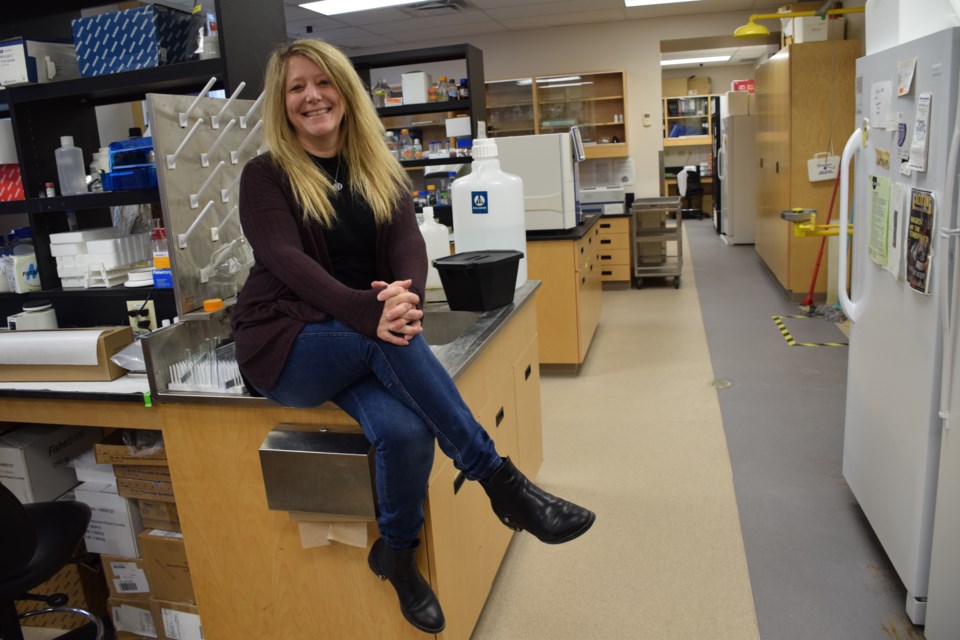If your body clock gets messed with over a prolonged period, the result could be heart-stopping.
Just as a wristwatch needs maintenance to keep time precisely and dependably, your body's precision clockwork needs proper maintenance or your ticker could break down, according to new research done in the Centre for Cardiovascular Investigations at the Ontario Veterinary College.
Tami Martino, a biomedical science professor, researcher and director of the centre, headed up a team that found that molecular alterations to the circadian biological clock, or circadian rhythm, in mice resulted in major cardiovascular disease. Disturbing the body’s clock can lead to heart disease or heart attack.
“All of the cells in our body have a circadian clock mechanism,” Martino said in an interview. “It helps your body understand what it is supposed to do, day versus night.”
Disturbing the operation of the intricate and sensitive clock happens through things like jet lag, shift work, or by way of a sleep disorder like obstructive sleep apnea.
What Martino called the 24/7 demands of contemporary society, including using computer technology well into the night, and having ongoing exposure to blue screens, will also disturb your body rhythms.
“If you were to chronically disturb your circadian clock it could be bad for the heart,” she said, adding there has been previous research showing that people who do shift work for long periods of time are more likely to have heart attacks, or have existing heart conditions worsen.
It was not known exactly what was happening to the circadian clock mechanism to account for this heart risk. But Martino’s team recently published research results in Journal of Molecular and Cellular Cardiology that shows that the circadian molecule protects the heart in laboratory mice. And when it is disturbed, the heart is negatively affected.
One molecule within the circadian rhythm mechanism was altered, showing it was key to protecting the heart. Throwing it off leads to a higher likelihood of heart disease.
In the lab, the team genetically mutated a specific molecule, called clock, and observed the mice over a two-year period. The research was funded by the Heart and Stroke Foundation of Canada.
“What happened is they developed age dependent heart disease,” Martino said. “What we’ve been able to show is that molecule is really critical in how your heart ages. If you can keep it in sync it will help you age more readily. If it's mutated, you’re going to develop heart disease.” Shift work, sleep disorders, and chronic jet lag will mutate it.
These new insights are expected to assist in finding new approaches to helping people with heart disease, including through pharmaceutical means. The Centre for Cardiovascular Investigations’ focus was on pharmaceutical approaches to realigning the body’s clock, particularly related to what Martino referred to as chronobiology drugs.
“There are big companies that are looking to create these drugs,” she said. “One of their ideas is a cure for jet lag. They are looking for things that are relatively harmless, so that when you fly to new time zones they can help reset your clock. But theoretically these should work for any time that your rhythms are disturbed.”
Circadian clocks are found in all of the body’s cells. Disturbances to the body’s clock triggers genes and proteins that regulate cardiac growth. The heart can become enlarged, and heart attacks can eventually occur. Targeting drugs to circadian pathways helped prevent abnormal cardiac growth in mice.
“From a clinical perspective, maintaining good sleep habits and your body’s circadian rhythms can help promote healthy aging,” Martino said. “We’re looking at new approaches that will hopefully help the healthy aging of the heart.”
